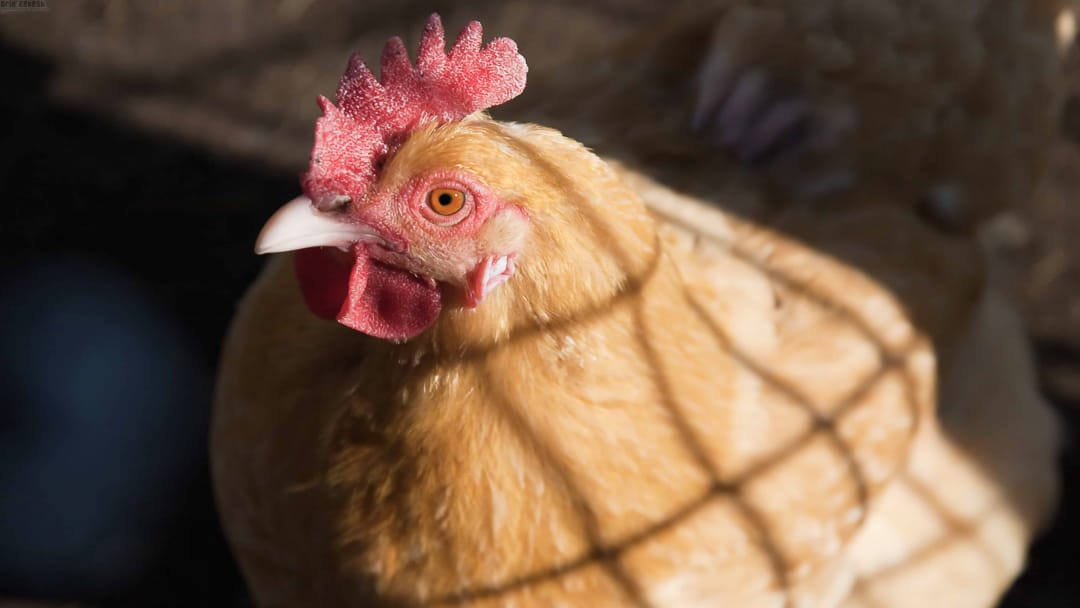Parents often dread having the conversation about the birds and the bees with their child, but these conversations might have to happen earlier than expected.
Puberty is a natural process across many species when the body becomes sexually reproductive. In humans, the change begins in the pituitary gland of the brain, which releases hormones that allow sexual maturation. According to endocrinologists, female puberty usually begins at the age of eight and is marked by the start of breast development. However, over the last few decades, there has been a significant number of girls beginning puberty before the age of eight, leading doctors to wonder what is causing this acceleration.
The rise in early puberty has effects other than just untimely maturation. Psychosocial problems, such as problems with emotional behaviour and adjustment, are an added stress beyond regular development. Additionally, children who undergo puberty younger are at risk of early bone maturation, leading to short stature. According to a 2020 study, women who underwent early puberty also had an increased risk of breast cancer in adulthood.
Many factors may induce early development in children, such as obesity, stress, environment, and nutrition. These factors can overlap in multiple ways. For instance, early menstruation is often caused by caloric over consumption that leads to an accumulation of body fat. Early menstruation induces the release of leptin, a hormone that helps maintain healthy weight and signals the brain to begin puberty onset. Evolution links leptin’s two seemingly unrelated pathways. Mammals become capable of childbearing at a threshold weight, thus why the hormone that maintains weight could also induce sexual maturation.
Studies have also claimed that a high intake of animal protein leads to puberty onset about seven months earlier than average, while high intake of vegetable protein leads to a seven-month late onset of puberty. Animal protein is correlated with increase in insulin-like growth factor 1 secretion. This hormone causes the expression of gonadotropin-releasing hormone, which is a factor for beginning puberty.
Contrastingly, many vegetables have antiestrogenic effects and are linked with lower fertility, and thus may not cause early-onset puberty. Estrogen is a hormone that is responsible for the development of female sexual characteristics and regulating the menstrual and reproductive cycles in women.
Added hormones, especially via dairy and meat, have also been an area of interest for many scientists. Many cases of early onset puberty have been linked to novel farming and manufacturing practices. For instance, in Hong Kong, 2010, a case of budding breasts on infants aged four to fifteen months was documented. This was a result of an illegal increase of estrogen and progesterone in a brand of baby formula.
Estrogen is the primary female development hormone. In the 1930s, nutrition and animal researchers discovered that this hormone could change the growth rate of cattle and poultry, leading to synthesized estrogen being created in the 1950s. In the 1970s, farms and regulators withdrew this manufactured hormone, called diethylstilbestrol, from farming practices after being found to cause vaginal cancer.
Today, hormones with similar impacts are developed using different methods. Instead of using synthesized estrogen, a synthesized compound called zeranol — which has a high affinity for estrogen receptors — is used as an implant to stimulate estrogen production and growth in cattle and sheep.
In addition, estrogen intake in one’s surroundings/environment has been studied as a cause of early puberty as well. The artificial estrogenic chemicals that were manufactured over the last 60 years have been released into the environment and labeled endocrine-disrupting chemicals (EDC). One of the most prominent EDCs in the environment are phthalates, which are most commonly used in plastics. Over 18 billion pounds of phthalates are used per year, causing them to enter our surroundings and food chain. Surprisingly, even the consistent use of plastic cups has been linked to increased estrogen levels in females, although not enough to cause early onset puberty. At least, not yet according to present research.
Although these effects seem to only affect a small group of our population, we can only expect hormones and EDCs to increase in our environment as a result of manufacturing.


